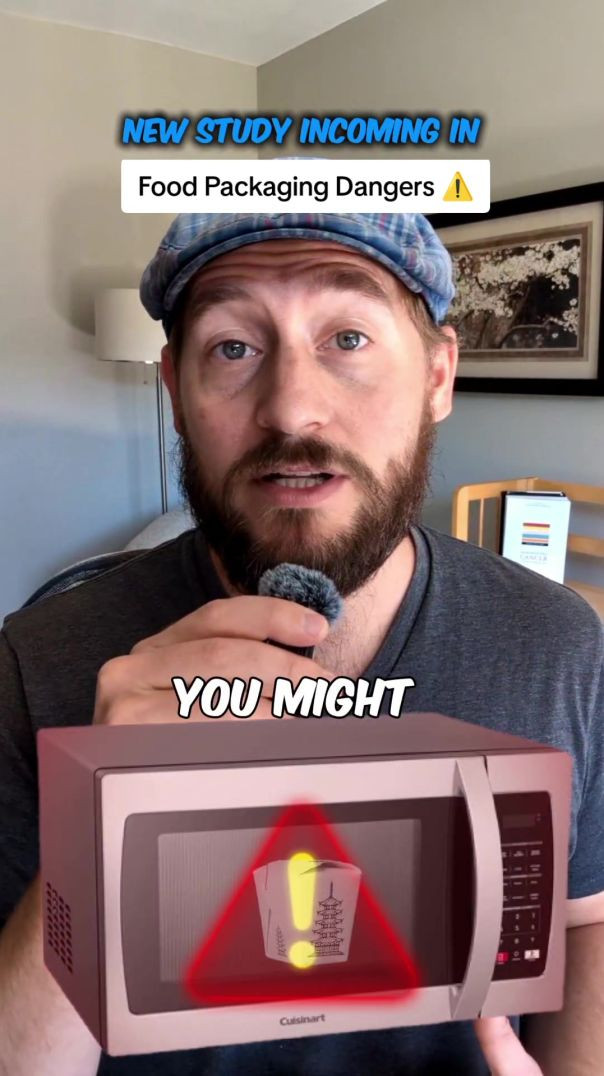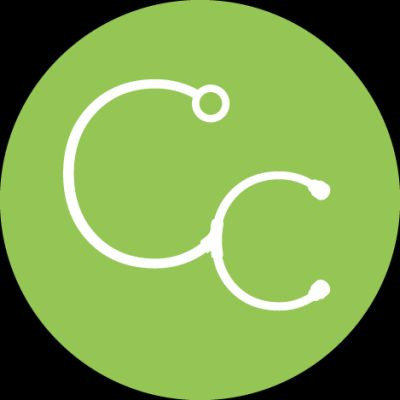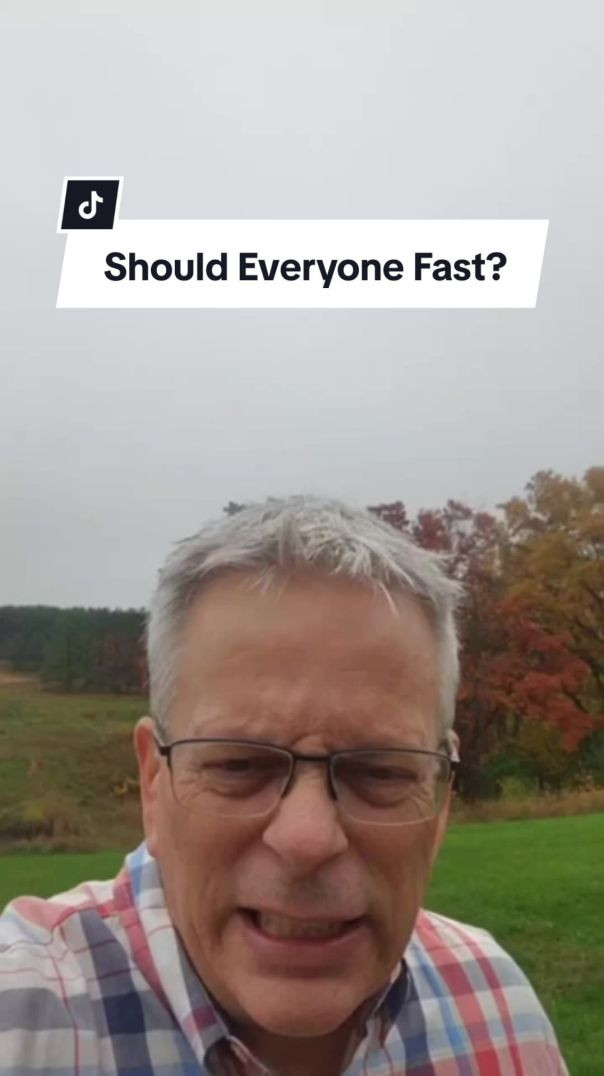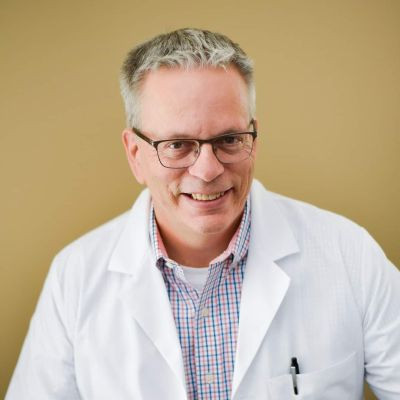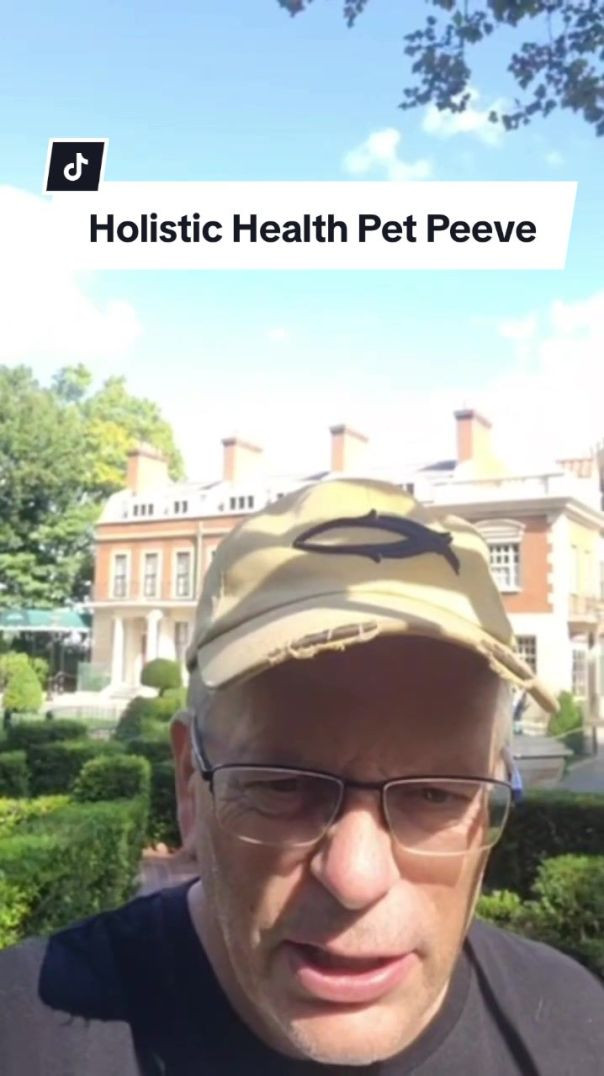Shorts Create

🚨 #maha Update This Week
What’s Shaking in the "Make America Health Again" Movement?
Here’s what you need to know from this week’s health and wellness drama:
🔴 FDA Eyes Artificial Food Dyes Ban: In a move that could shake up American diets, the FDA is considering banning artificial dyes like Red Dye 3. This notorious ingredient has been linked to cancer and behavioral issues in kids—despite being banned in cosmetics for years. If this happens, say goodbye to neon snacks and hello to cleaner food labels.
🏛 Trump's Anti-Mandate Education Plan: President-elect Trump announced he plans to cut federal funding for schools enforcing medicine or mask mandates. Love it or hate it, it’s clear his administration has no plans to sit this one out.
💉 RFK Jr. and Poke Policy Stirring the Pot: RFK Jr.’s nomination for Health & Human Services Secretary has sparked concerns over his controversial poke positions. Over 75 Nobel Laureates are begging the Senate to reconsider. Fun fact: António Egas Moniz won the Nobel Prize for pioneering the LOBOTOMY!
🚭 Supreme Court Says ‘Nope’ to Flavored Vapes: The FDA’s ban on flavored vaping products like "strawberry shortcake” stands. Teenagers, prepare for a future where your lungs are spared.
Big changes are brewing, and we’re here for all of it. Follow us to stay in the loop on health news, and all things MAHA.
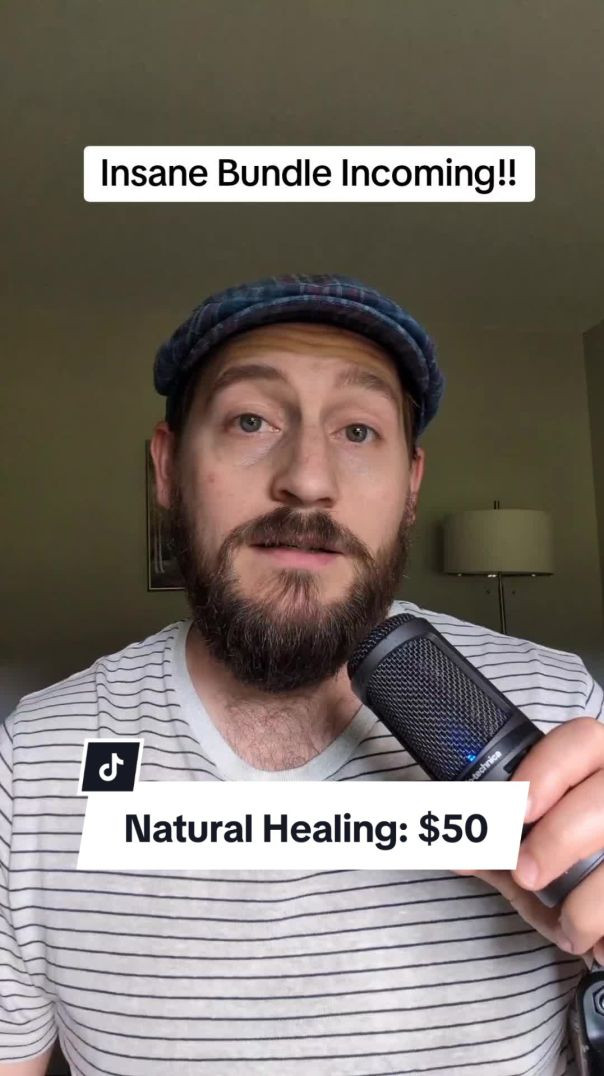
🌿✨ Exciting News! 🌟 We're counting down to the launch of the Natural Healing Bundle—less than 10 days away!
https://www.connersclinic.com/bundle
🎉 Get ready for an incredible collection of eBooks, guides, and courses from top health and wellness experts, valued at nearly $9,000, for just $50!
🌱💚 Don't miss out on resources related to #herbalhealing #naturalpregnancy #detox #guthealth #medicinalplants #infertility and so much more.
📅 Launching June 3rd! Hit the link in our bio to get notified and stay tuned for sneak peeks!

